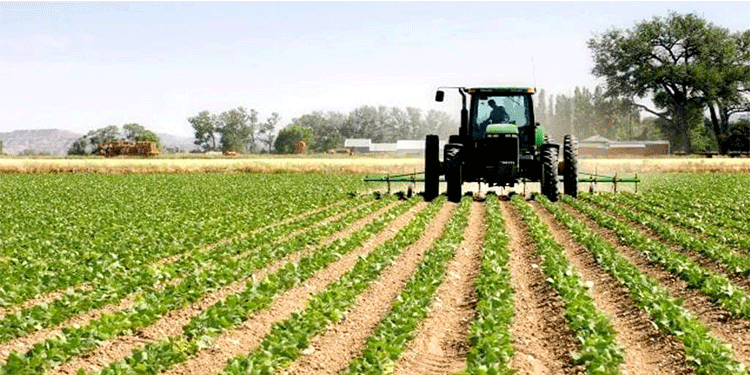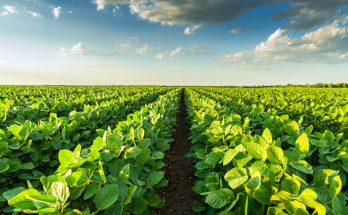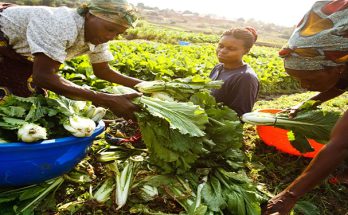 Tanzania The main part of Tanzania’s economy is agriculture. With just 33 per cent of that amount in cultivation, Tanzania had more than 44 million hectares of tillable land. Nearly 70 per cent of the poor population live in rural areas, and most of them are engaged in the agricultural sector. Land can be a very important quality for food security, and maize, sorghum, millet, rice, wheat, beans, cassava, potatoes, and bananas are among the nine main food crops in Tanzania. With over US$1 billion in crop export earnings, the agricultural sector makes an oversized contribution to the country’s exchange earnings.
Tanzania The main part of Tanzania’s economy is agriculture. With just 33 per cent of that amount in cultivation, Tanzania had more than 44 million hectares of tillable land. Nearly 70 per cent of the poor population live in rural areas, and most of them are engaged in the agricultural sector. Land can be a very important quality for food security, and maize, sorghum, millet, rice, wheat, beans, cassava, potatoes, and bananas are among the nine main food crops in Tanzania. With over US$1 billion in crop export earnings, the agricultural sector makes an oversized contribution to the country’s exchange earnings.
The government of Tanzania has assisted agricultural production with a variety of policies, has tried to stabilize production and has found ways to ensure that the region is developing healthily and sustainably. For several years, the Tanzanian federal government has been strongly supportive of agriculture, and there is strong political consensus on the need for property, labor and tax reform to help the region achieve its potential. Due to substantiating policies, the output of the agriculture sector has been steady in recent years. In terms of agricultural processing, production of vast quantities of rice, wheat, cotton, meat, poultry, eggs and fishery products, Tanzania retains its original rank worldwide. The current policy requires a great deal of effort to ensure the availability of key farm products, to encourage supply-side structural change and, in addition to emissions intervention and waste management, to dramatically enhance environmental protection.Despite the rapid growth of the agricultural sector in Tanzania, a number of aspects which emerge as important issues. In addition, there is an abundance of areas to improve in terms of increasing the use of machinery and emerging technology in the agricultural sector.
Efforts have been made by the country to incorporate modern agricultural technology to improve the effectiveness of the sector and to increase land productivity. High prices and low income from agricultural production are the key internal inhibitors of the agriculture sector in Tanzania. In addition, they are the first problem that obstructs the expansion of farmers’ income and leads to a reduction in agriculture’s labour force.
A number of multi-year policies have been introduced by the government, such as a promise to double farmers’ incomes and become self-sufficient in pulses over an unspecified short amount. Reform, however, has to go much deeper, particularly given the fact that agriculture is projected to provide livelihoods for about half of the rural population between the years to 2050, despite the country’s progress in urbanization.
For several years, the government of Tanzania has actively supported the agricultural sector through mechanisms such as fertilizer subsidies and relaxed conditions of disposal, among others, enabling farmers to have a reasonable estimate of their income and consequently set up for the future agricultural season. Tanzania’s federal and regional authorities are trying to guard agricultural farmers and improve production through a network of public establishments and various programs and schemes. The Tanzania Agriculture Market is therefore expected to be able to expand in the coming years.



